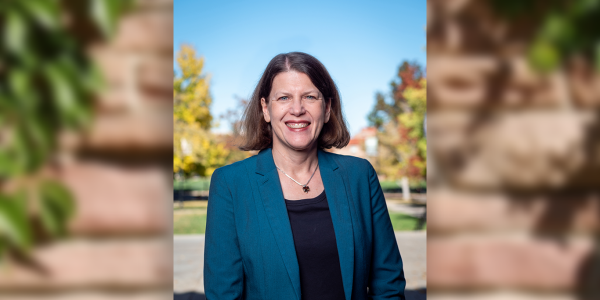How do modern women in developing countries experience sexuality and love? Drawing on a rich array of interview, ethnographic, and survey data from her native country of Kenya, Sanyu A. Mojola examines how young African women, who suffer disproportionate rates of HIV infection compared to young African men, navigate their relationships, schooling, employment, and finances in the context of economic inequality and a devastating HIV epidemic. Speaking from a unique outsider-insider perspective, Mojola will show how the entanglement of love, money, and the transformation of girls into "consuming women" lies at the heart of women’s coming-of-age and health crises.
6:30 p.m.
Hellems 211
Open to the public
Pizza served at 6 p.m.
Arrive early for a seat and a slice.
Mojola’s research examines how societies produce health and illness. She is especially interested in understanding social processes, mechanisms and patterns of social organization that lead to health inequality related to gender, race/ethnicity, life course stage and socio-economic status. Her past and ongoing work primarily focuses on the HIV/AIDS pandemic as it unfolds in various settings such as Kenya, the United States and South Africa. Her first book, Love, Money and HIV: Becoming a Modern African Woman in the Age of AIDS (California, 2014) examines why young African women have higher rates of HIV compared to young men. The book won the 2015 Distinguished Book Award from the Sex and Gender Section of the American Sociological Association, was a 2015 finalist for the Bethwell A. Ogot Prize for Best Book on East African Studies from the African Studies Association, and won the 2016 Distinguished Scholarly Publication Award from the American Sociological Association. She is currently at work on her second book tentatively titled Race, Health and Inequality: Producing an HIV Epidemic in the Shadow of the Capitol which is examining why African Americans in Washington D.C. are disproportionately affected by HIV/AIDS.

Sanyu A. Mojola



